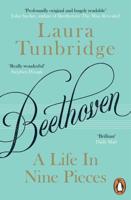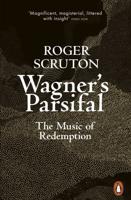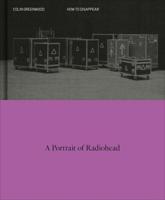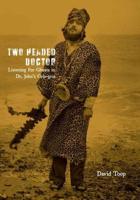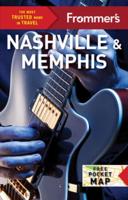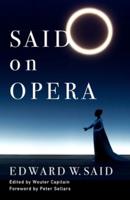Publisher's Synopsis
Marian Anderson's account of her life is like her glorious contralto voice - effortless, inspiring and deeply moving. Her musical gift has been one of the greatest in modern memory - Toscanini said a voice like hers happens once in a 100 years. The autobiography of this extraordinary woman was first published in 1956 and is now intended to be of interest to readers of a younger generation. The book aims to express its author's warm and reverent approach to living and to music.;Anderson tells of her struggles as an aspiring singer and an African American woman in the 1930's and 1940's. Born and raised in Philadelphia, she began her career singing in churches, charging only a small fee for her blossoming talent. She lacked a formal musical education until the age of 19, when she began formal voice studies with the renowned Giuseppe Boghetti. Four years later, she appeared as a soloist with the New York Philharmonic. Anderson went on to tour the United States and Europe, achieving international fame. Although successful, she always stressed the necessity of faith and modesty. Even when her popularity reached its peak, she refused to be a prima donna, often sewing her own clothes.;As an African American artist, Marian Anderson often faced racism in overt and subtle forms, but she refused to let racism become a focal point of her career. She treated everyone with dignity and courtesy and displayed professionalism in everything she did. In 1939, Anderson reluctantly became a national symbol in the movement for racial equality. She was denied the right to sing in Constitution Hall because of her skin colour. With the support of Eleanor Roosevelt, she gave a free outside concert instead on the steps of the Lincoln Memorial. It became the most famous moment of her career. "I had become, whether I liked it or not, a symbol representing my people."

